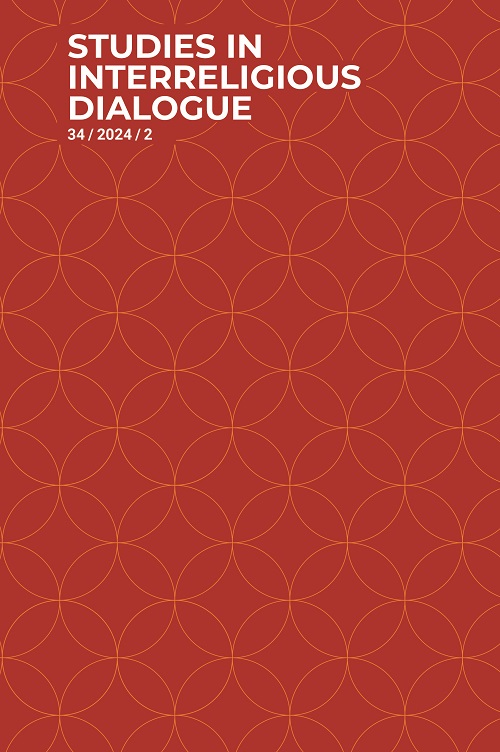next article in this issue  |

|
Document Details : Title: Buddhist Accounts of Religious Diversity Author(s): SCHMIDT-LEUKEL, Perry Journal: Studies in Interreligious Dialogue Volume: 31 Issue: 2 Date: 2021 Pages: 89-116 DOI: 10.2143/SID.31.2.3290054 Abstract : In the Buddhist tradition we find different accounts of religious diversity, predominantly of either exclusivist or inclusivist nature. Their roots can be discerned in early Buddhism’s involvement with other mendicant groups (śramaṇas), Vedic Brahmanism and inner-Buddhist diversity. Within the Indian cultural realm, the tensions among different schools of Buddhism on the one hand and between Buddhist and Hindu traditions of the other hand led to the emergence of certain patterns which continued to shape Buddhist thinking when Buddhists came in contact with non-Indian religions such as Daoism and Confucianism. Particularly prominent became the practice of ranking religions according to their alleged spiritual level. Buddhism’s encounter with Islam and Christianity was massively and negatively affected by their appearance as the religions of foreign forces with imperialist or colonialist interests. More recently polemical or apologetic attitudes have been replaced in some cases by dialogical approaches, inspiring Buddhist reflections about the possibility of a more pluralistic account that would accept other religions as different but equally salvific paths of liberation. |
|
